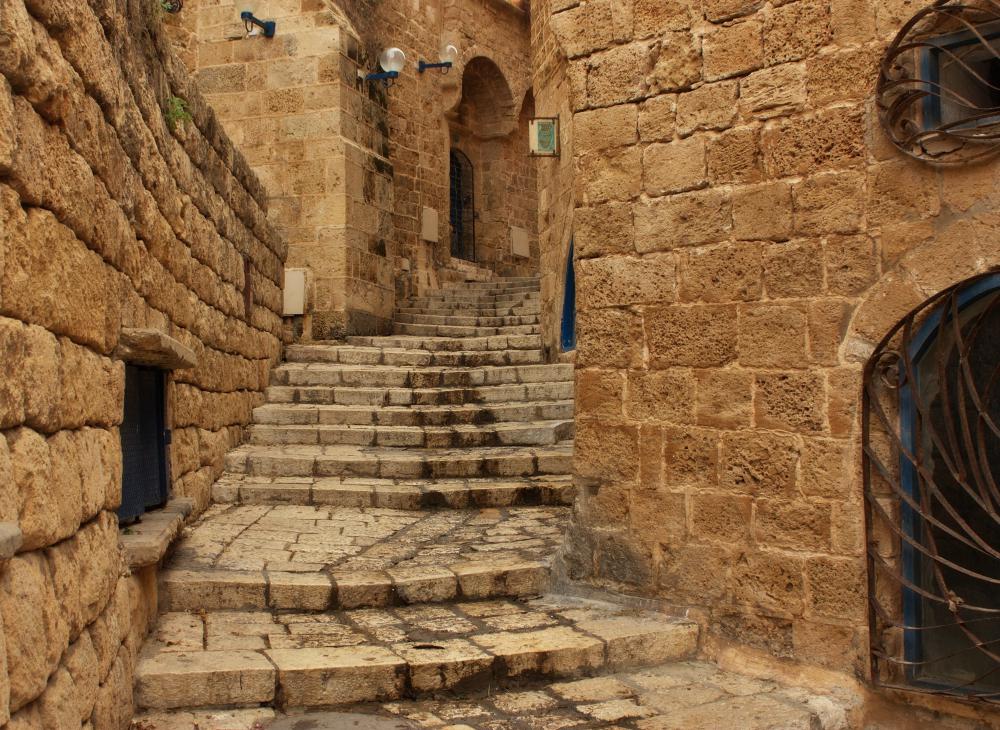At WiseGEEK, we're committed to delivering accurate, trustworthy information. Our expert-authored content is rigorously fact-checked and sourced from credible authorities. Discover how we uphold the highest standards in providing you with reliable knowledge.
What Do Historical Archaeologists Do?
Historical archaeologists study human history by examining ancient artifacts and relics. Most archaeologists focus on a particular era of human history and conduct excavations to find historic remains that provide an insight into past history. Some archaeologists work independently, but many work in teams or for universities.
Most full time historical archaeologists have college degrees in archaeology, and while at college they study both history and science because they need to have a good knowledge of chemistry and other schools of science in order to preserve artifacts. Many career archaeologists teach at colleges and lead excavations during school semesters. Some people are part-time historical archaeologists, in which case they mostly conduct small excavations on weekends and most of these people are self taught enthusiasts rather than scientists.

Museums often hire well established historical archaeologists to conduct excavations at sites where artifacts have been found in the past. The museum or its sponsors fund the dig and then pay for the archaeologists to conduct research at the museum to learn more about the relics that are found during the excavation. Some archaeologists conduct seminars and lead tours around museums to educate people about the finds that have been made.

Many archaeologists conduct excavations around the world and look for evidence of pre-historic civilizations, such as Stone Age man or the Neanderthals. Mediterranean and Middle Eastern nations attract large numbers of archaeologists who study ancient ruins from the Greek, Roman, and Egyptian empires. Other archeologists primarily concentrate on unearthing information about more recent cultures, such as the Native Americans or Mayans.

An historical archaeologist has to use existing knowledge of ancient cultures and societies to identify ancient weapons, pieces of clothing, and jewelry, but an archaeologist also has to develop theories to explain events that happened in the past. Archaeologists revise theories about past cultures as new finds discredit previously widely held beliefs about a particular society's culture or practices. They provide the public with information about historical figures and their lives as well as insights into the day-to-day lives of ordinary people who lived during past centuries.

Archaeologists often work closely with academics from other fields, such as geologists or Egyptologists, and the scientists use their combined knowledge to analyze ancient artifacts. A geologist can help the archaeologist tell whether markings on rocks or ruins were man made or caused by natural elements. Egyptologists and other people who study ancient cultures can help ancient archaeologists identify artifacts by looking for traits that are associated with certain cultures.
AS FEATURED ON:
AS FEATURED ON:















Discussion Comments
@umbra21 - Nothing is ever that clear. I mean, the Romans actually left a huge amount of writing for us to analyze and people still spend their lives researching them. Historical archaeology isn't really about just finding the sources of information as it is knitting together a full picture of what life was like back then.
And records don't always tell the truth either, at least not an objective truth. There are a lot of records of Ancient travelers that have been realized in modern times to be completely fake and just made up to make a trip look more interesting. Which might seem scandalous to us now, but is it any different from someone exaggerating on a blog entry? It happens all the time.
@Mor - I actually think it'll be interesting to see what happens a few hundred years from now. Our own society is so very concerned with records and has the technology to be completely candid. Maybe we won't hold any kind of fascination for our descendants because of that.
It's not that interesting to research something when the answers are readily found and have already been analyzed to death. We might find that by living such a vibrant legacy we're actually ensuring that no one wants it!
I actually find this kind of research to be so frustrating, because I always want definitive answers and there's no way for the researchers to provide them. Most of the time they are piecing together the parts of a puzzle that is thousands of years old, with most of the pieces missing and the ones that remain are faded.
But there are so many mysteries in historic archaeology. The hows and whys of a lot of civilizations are simply not known to us and may never be known to us.
Post your comments